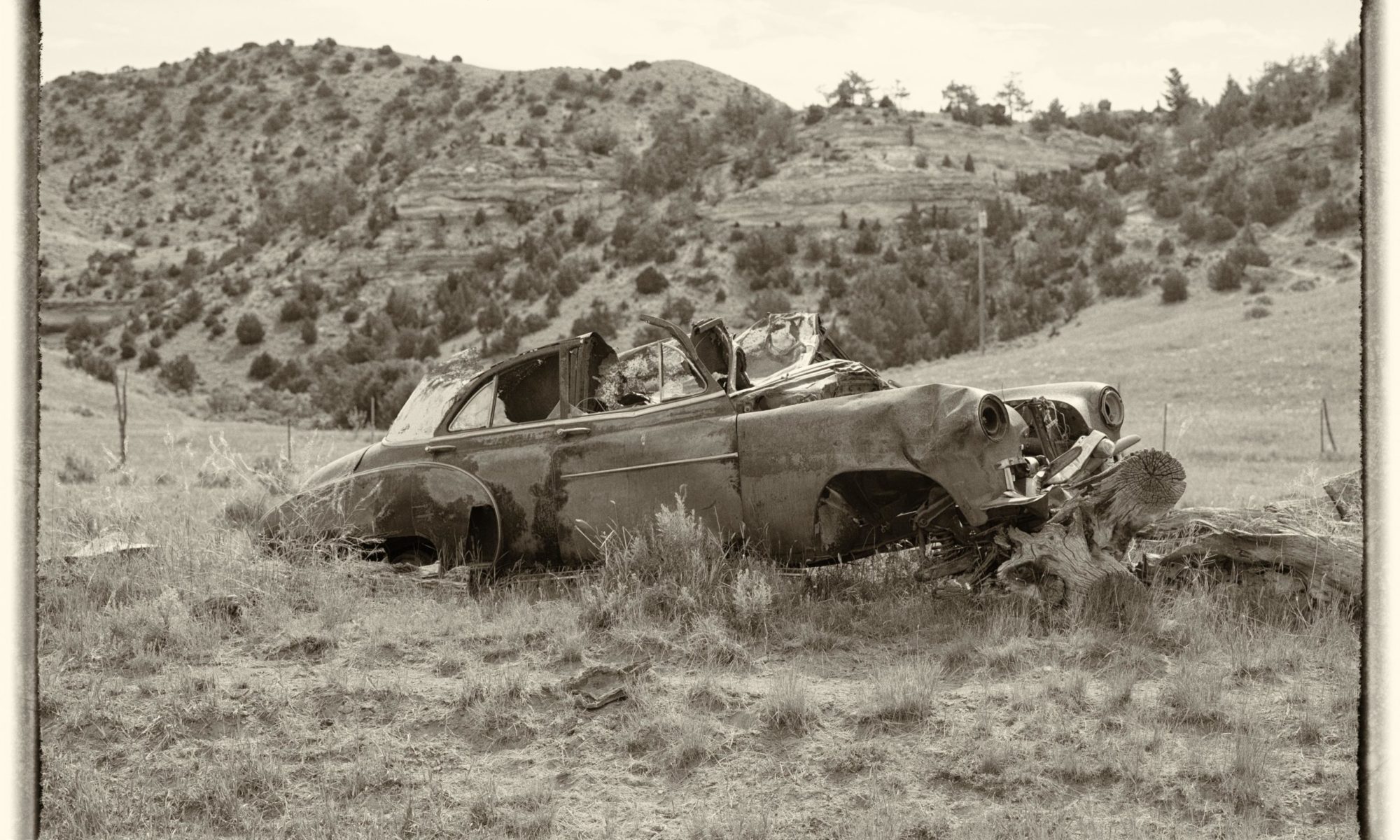The stop sign extended from the side of the bus, lights flashing. As the bus slowed to a stop, Mr. Brown grabbed the handle and popped the door open. A girl got on the bus. I don’t remember her name and wonder if I ever even knew it. The house where she lived was little more than a shack. There were other kids in her family that rode the bus, too. No one wanted to sit too close to them. The smell was terrible! She smelled like dirt, body odor, urine and kerosene. I paid no attention to the others, just the girl. Her hair was matted and looked like it had never been brushed or even washed. Dirt was visible on her skin and on the ragged unmatched too big hand-me-down clothes she wore. If she scratched her face, a trail was left in place of the dirt. I imagine a tear left a trail as well. Her shoes were too big for her feet and she usually didn’t wear socks. Many days the bus stopped in front of the house and waited, but she never got on.
She wasn’t in any of my classes. If she would have been, I know she wouldn’t have been in the Bluebirds reading group. I don’t remember even seeing her in the schoolhouse, just on the bus. Kids in the classroom were divided into groups. Each row or group indicated a degree of intelligence. Often the dirty impoverished kids were all clumped together in the same group.
I wondered about her family. Did she have parents in the home, or did she live with someone else? Did she have any friends? I don’t remember ever hearing her talk. If anyone would have listened, what would her heart have revealed? Would she have said she wanted a friend, or to belong to a group, or to play with someone on the playground? Was she made fun of all of her school days? Did she even finish school?
Even though I never had any contact with her or said anything ugly to her, I often think that she needed a friend. What if I had dared to speak to her, to offer a smile or give her my coveted maple stick from my lunch bag? Who would have been changed the most – her or me?
You know, we pass nameless faces almost every day. As we look across the sea of faces, we don’t see the hurt they may carry. Maybe they lost someone dear to them. Maybe they don’t know where they will get their next meal. Maybe they have no home or family. Maybe they suffer some kind of abuse. Maybe they are alone with no friends. Maybe they are neglected or abandoned. Maybe they have had no one to teach them how to care for themselves. Maybe they wear a smile and walk with confidence. Maybe they reach out to help someone who trips and falls. Maybe we should remember that in the sea of faces, others see each of us as a nameless face, too.

